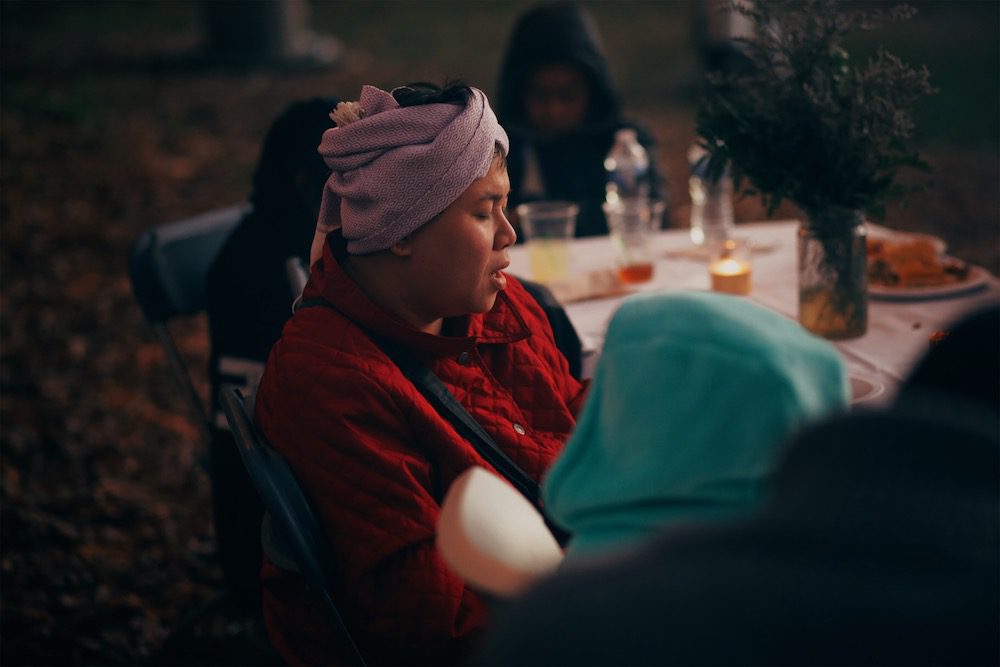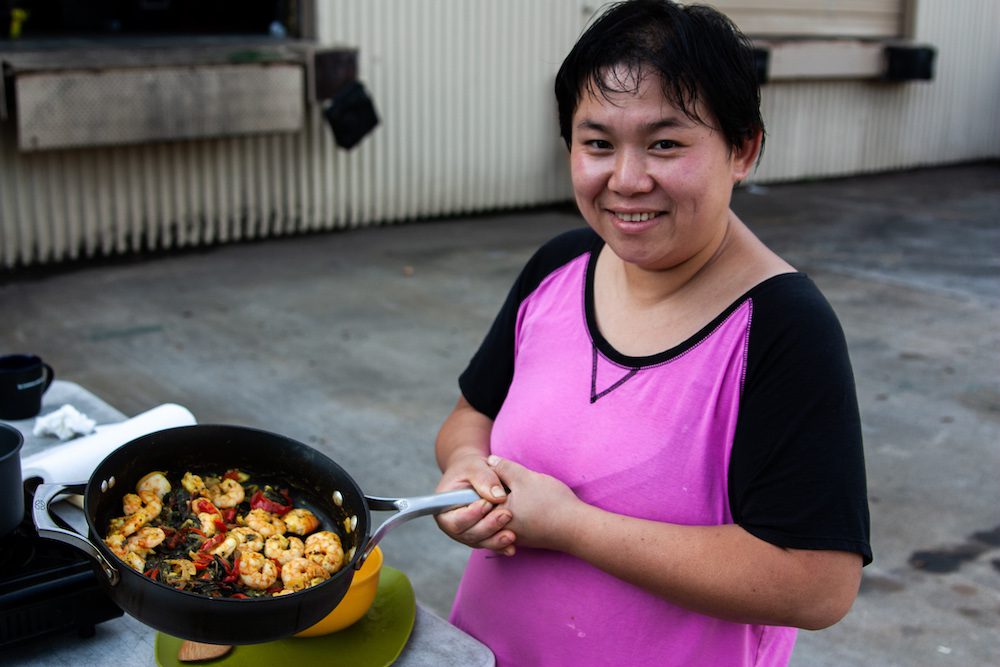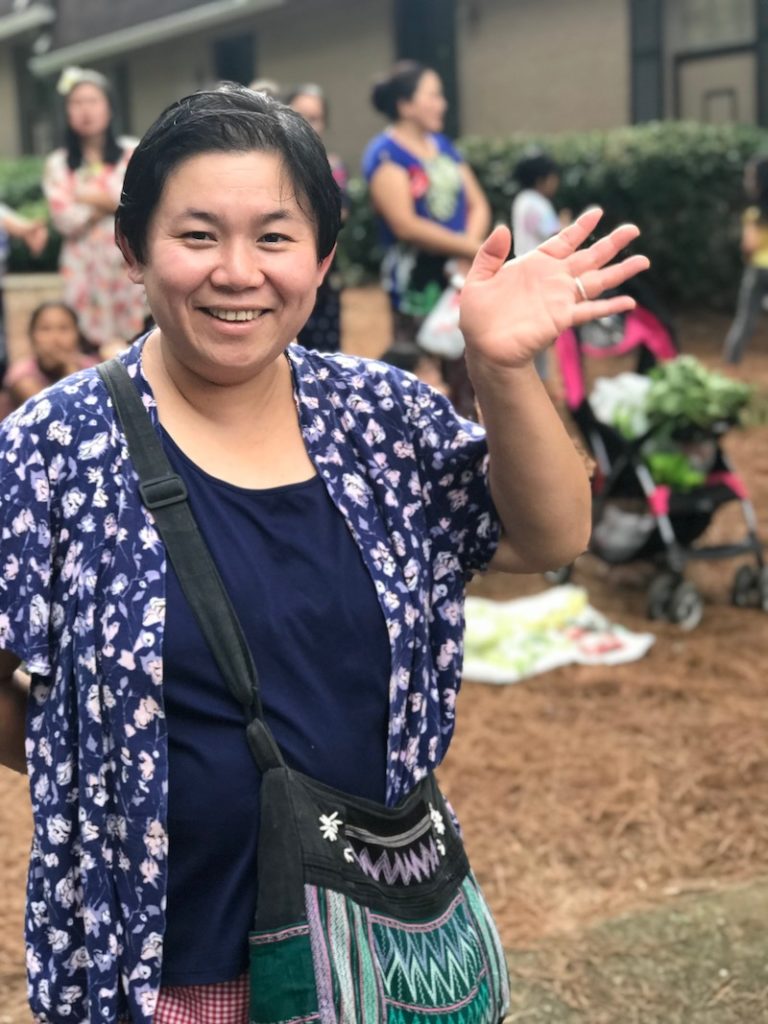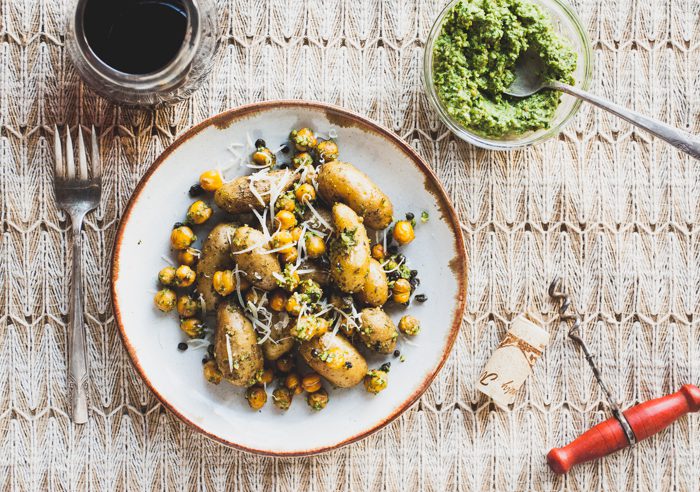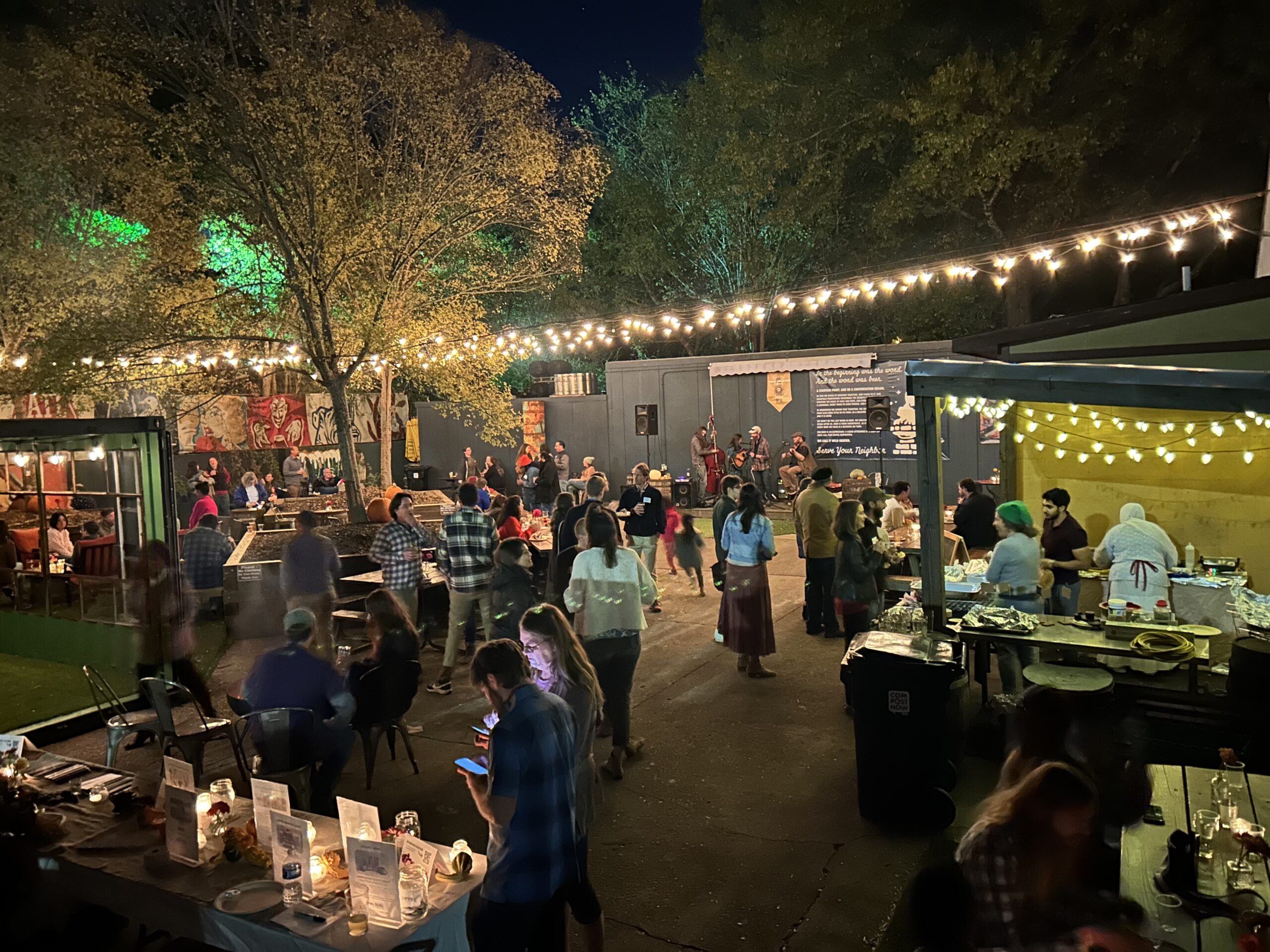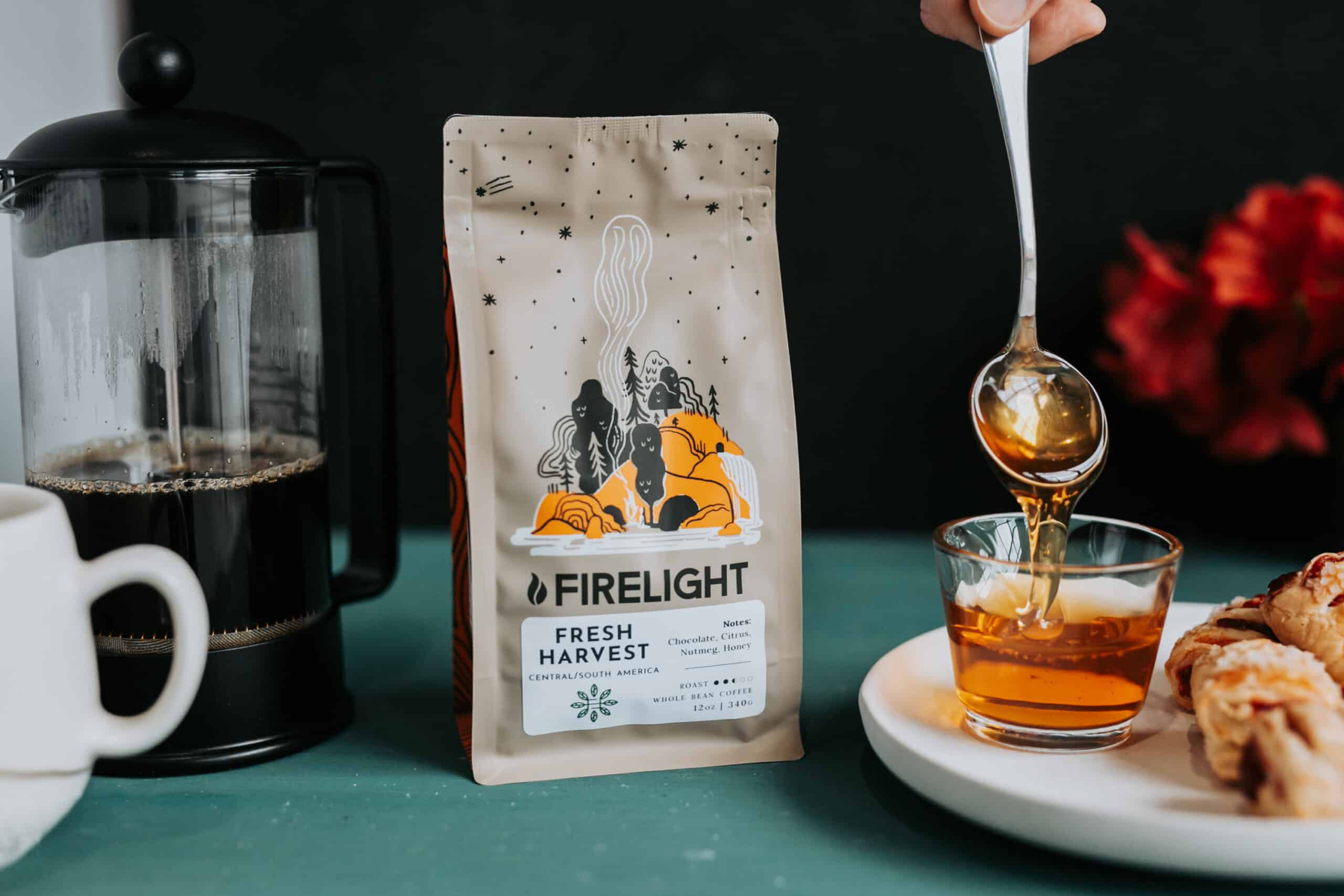To kick off a series that spotlights our amazing employees, we sat down to interview Fresh Harvest produce specialist, Mary Lin. One of our most beloved employees, she is a member of the Karen (pronounced ka-ren) people group originally from the Thailand-Burma border. In addition to meticulously inspecting, prepping and packing produce, she exudes joy and laughter in everything she does, even at four AM. A majority of our warehouse team members connected to FH as a result of her expansive network in Clarkston, and lean heavily on her daily leadership. I started our interview with the most important of questions.
Joe: Mary Lin! You work with local organic produce all day every day, so what’s your favorite vegetable to eat?
Mary Lin: Broccoli.
J: Ha ha great. Can you tell us where you’re from?
M: I was born in the middle of Thailand. My family is from Burma, but I’ve never been there. When I was about 12, in 1995, there was a lot of fighting by the Burmese government that forced us to cross a river to get to a refugee camp in Thailand where we went to live.
J: What was it like at the camp?
M: They kept us behind a fence with a shock (electric fence) and we weren’t allowed to go outside. There were NGO’s that gave us food, health and educational school supplies and stuff like that. In 1999, the camp was burned down and we had to move to another refugee camp.
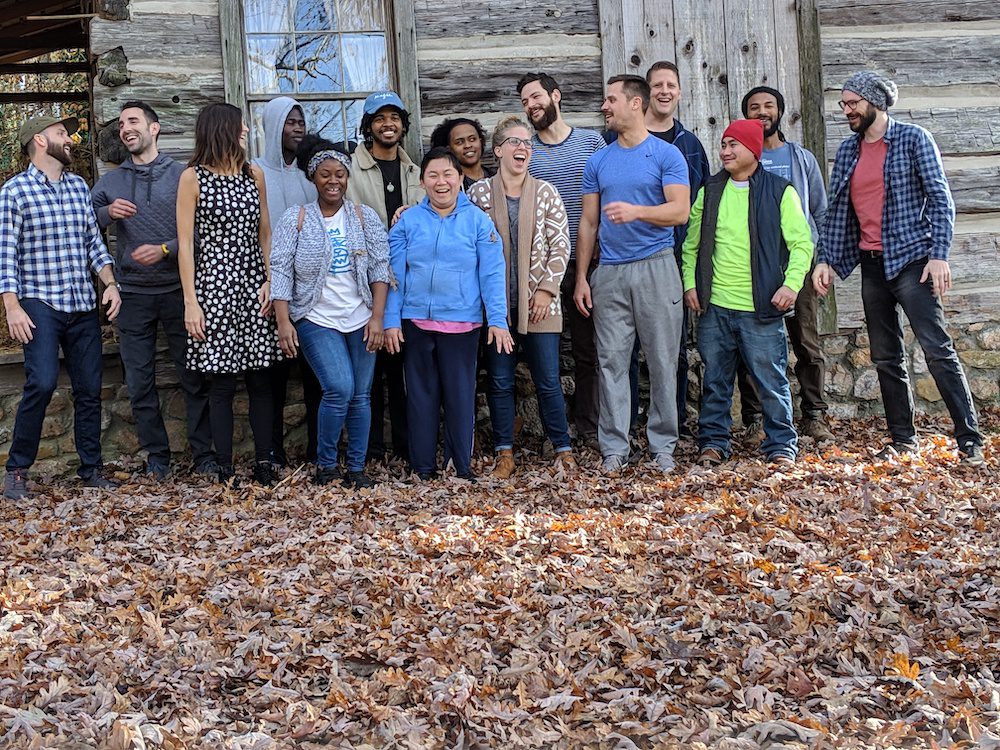
J: When did you come to the US?
M: I came to the US as a refugee about 10 years ago in 2008, when I was 24.
J: Can you tell us a little about what that experience was like?
M: I came alone from Thailand. An agency helped me get to a gate there where I flew from Bangkok to Japan to New York. When I got to New York I had to live there for one night in a hotel. Then at two o’clock in the morning I made it to Atlanta. I came here very scared, because it was only me. I was the only refugee person on the plane and didn’t have anyone else with me. When I arrived at the Atlanta airport, I was just scared. A lady stopped me and asked if I needed help and I said yes. I didn’t know English but I just said yes anyway, showed her my agency information and she called my caseworker.
J: What was the living situation like when you got here?
M: I didn’t like it. I went to stay at my brother Dragon’s apartment. Everything here smelled funny to me. I didn’t eat for a whole week. For about a month I was very confused. I slept during the day and woke up and ate at night. Everything was very difficult. I didn’t know any English. My caseworker helped me for 3 months and after that he told me to find a job. Dragon had been living here for a year before me, which made it a little easier. He worked and I stayed at home, but I was so scared when he was gone.
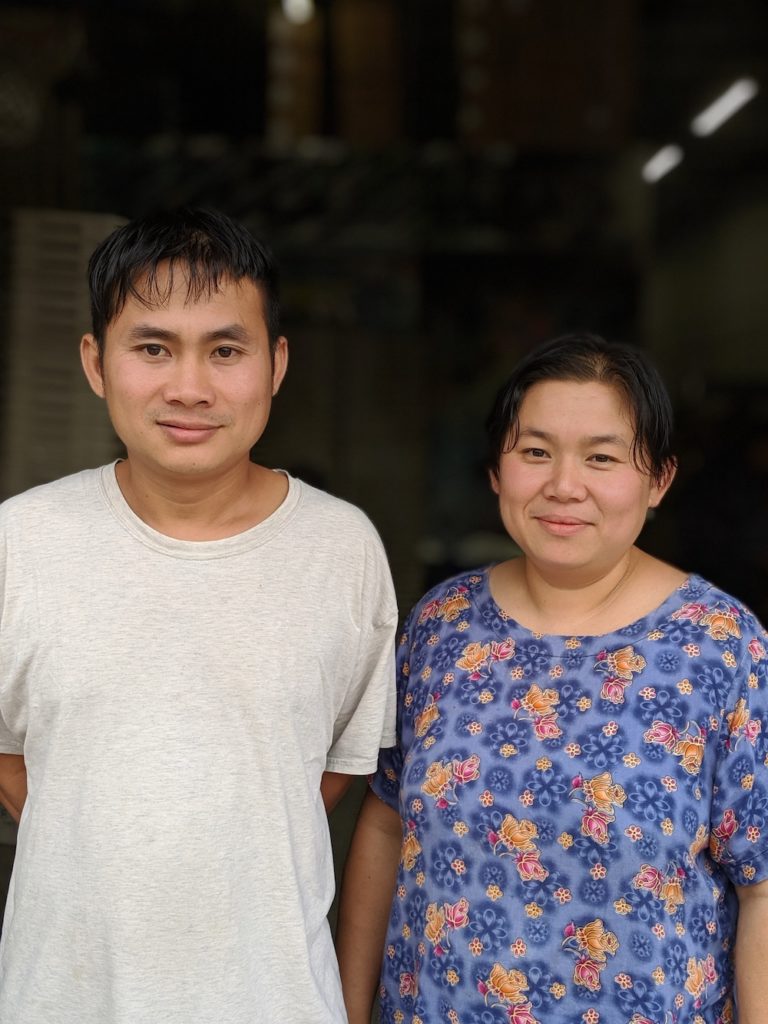
J: How did you learn English?
M: I took ESL classes. But I wasn’t very good, so I had to start with my A, B, C’s and days of the week.
J: How long did it take for you to find a job?
M: Within three months I got married to my husband who I met here. We married and then I stayed home. But I got bored, and one day my neighbor asked if I could pick up blueberries for her. So I went and picked up blueberries. When I brought them to her at Fresh Harvest they asked me if I wanted to work there. So in 2015 I started working here.
J: What do you do at Fresh Harvest?
M: I prep the vegetables and I wake up early in the morning. But I like that, because it’s close to my house and I can go home and take care of my kids.
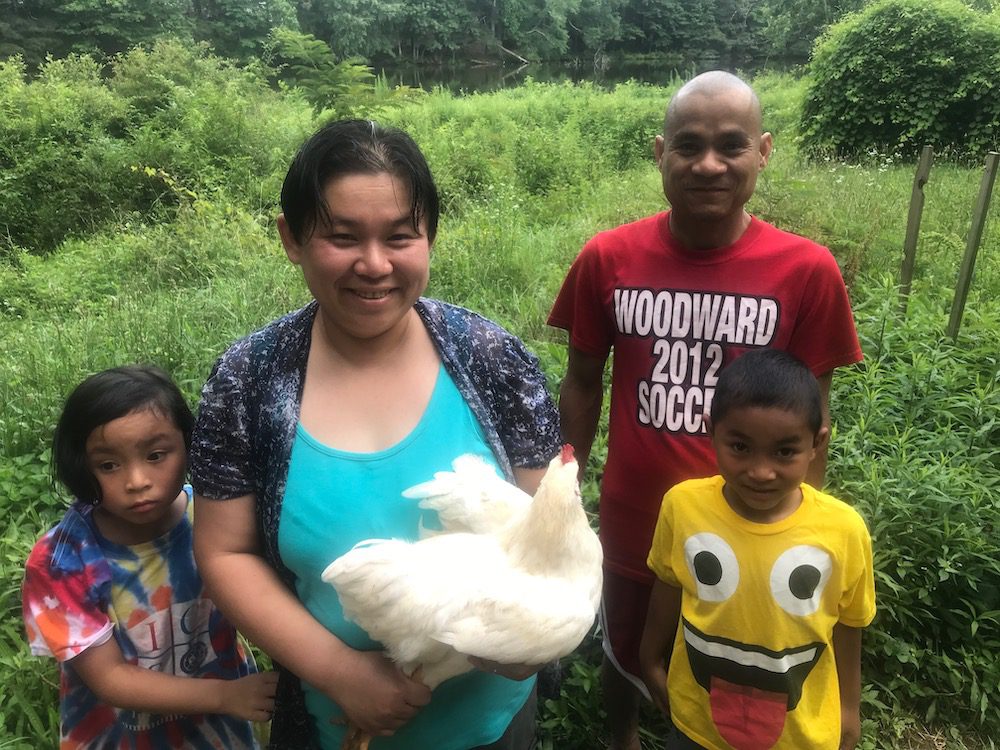
J: Can you tell us a little about your kids?
M: My daughter is nine years, my son is seven years. My daughter’s name is Laycutah, or Lay. My son’s name is Cahlahla Lin, or Cah Lin for short.
J: Who else do you live with now?
M: We live with my parents, three brothers, one sister and my husband. I am the oldest and then there’s Dragon, Christina, Jacky and Rocky. These are my brothers and sisters.
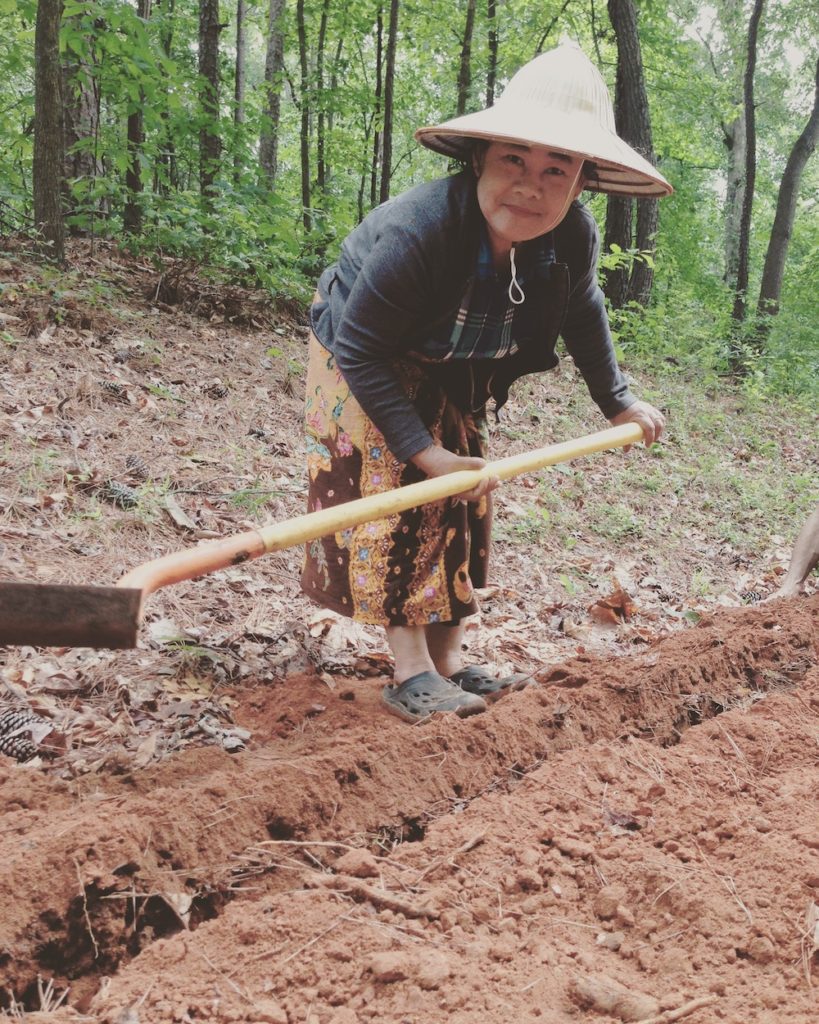
J: Your sister Christina used to work at Fresh Harvest. Your brother Dragon works here now. What’s it like to work with your siblings?
M: (laughs) Sometimes we argue.
J: You celebrate Thanksgiving a little different than most American’s right?
M: Yes. For Karen people, celebrating Thanksgiving is different for each family. When my mom came here she didn’t understand English and couldn’t get a job, so when she got food stamps she wanted to thank God. She decided to do Thanksgiving every three months. She was so grateful to have enough food and clothes. In refugee camps we celebrated once a year but now we have so much more so we give more thanks.
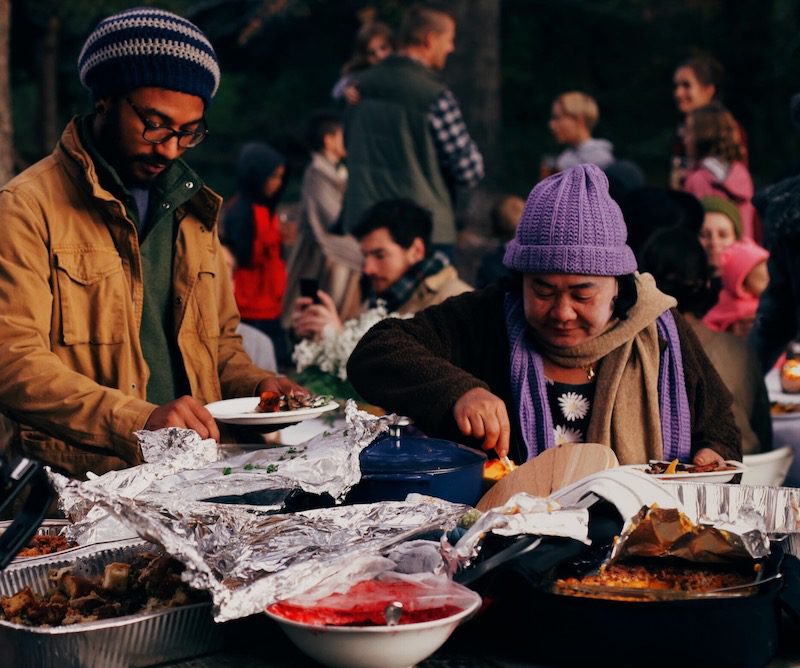
J: Can you tell us about your mother Elizabeth?
M: She likes to work in the garden. It reminds her of being at her old home in Burma. She grows the kinds of food that she liked to eat there. She also sells what she grows at the FH Share the Harvest Market every Thursday.
J: What makes you so happy?
M: I’m so happy because working here is like being a family. If I want to talk to anyone I don’t feel nervous because they are family.
J: What is the one Karen word you’d like to teach us to say?
M: Tablu (tah-blue). It means thank you.
